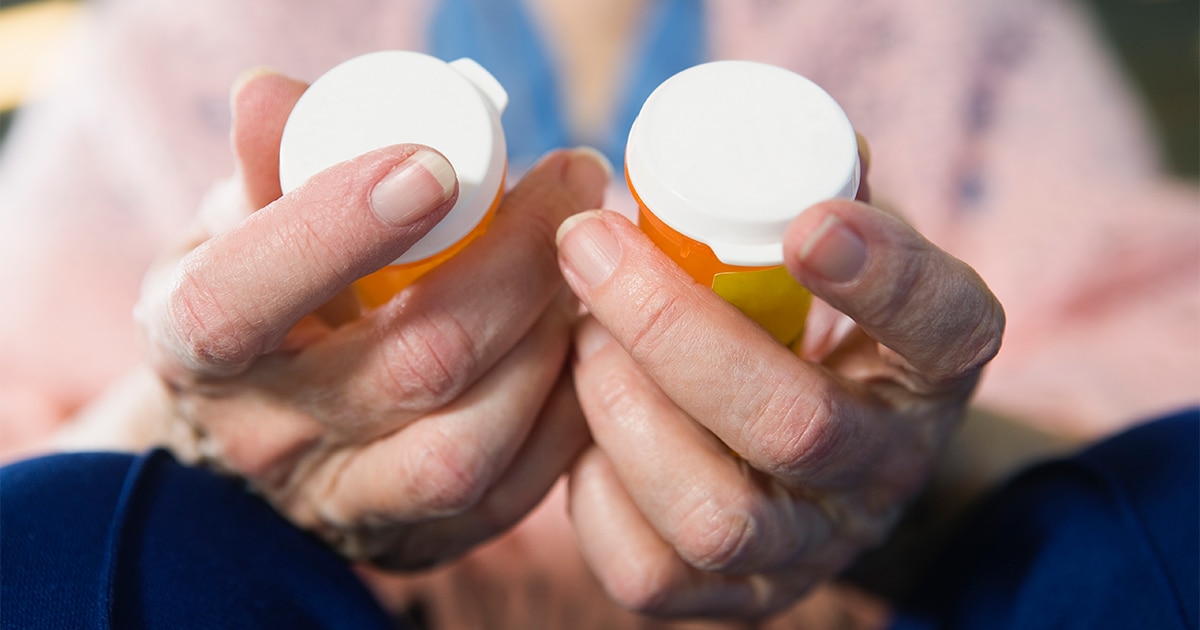At a glance
If you have high low-density lipoprotein (LDL) cholesterol, your health care team may prescribe medicine along with lifestyle changes to manage your LDL cholesterol.

What are the types of medicines that treat high cholesterol?
Several types of medicines help lower LDL cholesterol. The chart below describes each type and how it works.
Type of Cholesterol-Lowering Medicine
How It Works
Statins
Statin drugs lower LDL cholesterol by slowing down how much cholesterol the liver makes. They also increase the liver’s ability to remove LDL cholesterol that is already in the blood.1
Bile acid sequestrants
Bile acid sequestrants help remove cholesterol from the bloodstream by removing bile acids. The body needs bile acids and makes them by breaking down LDL cholesterol.
Niacin, or nicotinic acid
Niacin is a B vitamin that can improve all lipoprotein levels. Nicotinic acid raises high-density lipoprotein (HDL) cholesterol levels. It also lowers total cholesterol, LDL cholesterol, and triglyceride levels.2
Fibrates
Fibrates lower triglycerides in several complex ways, including reducing triglycerides made by the liver. They may also increase removal of LDL particles and increase proteins in the liver which may contribute to increase in HDL cholesterol levels.1
Injectable medicines
Medicines called PCSK9 inhibitors lower cholesterol-increasing LDL receptors. This results in a decrease in LDL cholesterol circulating in the bloodstream.2 These medicines are used in people who have familial hypercholesterolemia (FH), a genetic condition that causes very high levels of LDL cholesterol.3
All drugs may have side effects, so talk with your health care team, including your pharmacist, on a regular basis. Once your cholesterol levels have improved, your health care team will monitor them to ensure they stay in a healthy range.1234
Who needs cholesterol-lowering medicine?
Your treatment plan for high cholesterol will depend on your current cholesterol levels and your overall risk of heart disease and stroke.
Your health care team may prescribe medicine if:3
- You have already had a heart attack or stroke or have peripheral arterial disease.
- Your LDL cholesterol level is 190 mg/dL or higher.
- You are 40–75 years old, have diabetes, and an LDL cholesterol level of 70 mg/dL or higher.
- You are 40–75 years old, have a high risk of developing heart disease or stroke, and an LDL cholesterol level of 70 mg/dL or higher.
Talk with your health care team about how you can lower your risk for heart disease.
More information
CDC and Million Hearts®
Other organizations
- U.S. Food and Drug Administration (FDA): Cholesterol and Statins
- National Heart, Lung, and Blood Institute (NHLBI): Blood Cholesterol
- Stone NJ, Robinson JG, Lichtenstein AH, et al. 2013 ACC/AHA guideline on the treatment of blood cholesterol to reduce atherosclerotic cardiovascular risk in adults: a report of the American College of Cardiology/American Heart Association Task Force on Practice Guidelines. Circulation. 2014;129(25 Suppl 2):S1–45.
- Staels B, Dallongeville J, Auwerx J, Schoonjans K, Leitersdorf E, Fruchart JC. Mechanism of action of fibrates on lipid and lipoprotein metabolism. Circulation. 1998 Nov 10;2088–2093.
- Roth EM, Davidson MH. PCSK9 inhibitors: mechanism of action, efficacy, and safety. Rev Cardiovasc Med. 2018;19(S1):S31–S46.
- Grundy SM, Stone NJ, Bailey AL, et al. 2018 AHA/ACC/AACVPR/AAPA/ABC/ACPM/ADA/AGS/APhA/ASPC/NLA/PCNA guideline on the management of blood cholesterol: a report of the American College of Cardiology/American Heart Association Task Force on Clinical Practice Guidelines. Circulation. 2019;139(25):e1082–e1143.
